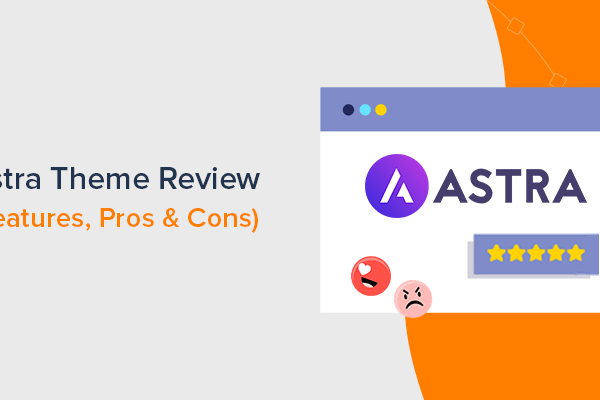Itâs no secret that the mobile revolution is already here. Everyoneâs been abuzz with talk about the need for websites to be mobile-ready and responsive for years now. But considering mobile device usage accounts for 55% of all internet activity, now is the perfect time to ensure any site you work with looks just as good on a mobile device as it does on a standard computer.
Hereâs another impressive stat: nearly 47% of all internet traffic now comes from mobile apps. When you take that into consideration, it might be worth thinking about converting your website into a mobile app from the get-go.
While there is no guarantee that your business will suddenly blossom just because your target audience can now interact with you through an app, it makes even less sense to ignore this portion of the market.
By turning your website into a mobile app, you have another chance to build your brand, reach your ideal client, and even generate new revenue. Youâre showing your clients that not only you can build a responsive website, but you also know how to create an engaging app that they can use in the same fashion as you – to expand their reach and grow their business.
In this article, weâll cover the pros and cons of having a mobile app and share the key things that will help you determine whether your website is ready to make this leap.
Letâs dive in!
Pros and Cons of Mobile Apps
With an increasing number of people spending more of their time on their smartphones, creating a mobile app for your business is a wise choice. Here are some pros and cons to keep in mind.
Mobile App Pros
- On average, people spend more than two hours a day using their mobile phone and most of that time is spent interacting with apps. The statistic speaks volumes about the popularity of apps in general and is argument enough in their favor.
- You can use the app in many different ways – from allowing users to book your services directly and sharing different price packages to adding chat functionality, special offers, or providing a tip a day via push notifications. You are only limited by your imagination.
- It allows you to better capture the attention of your audience. When weâre browsing the web, itâs easy to get distracted, either by a new email notification, a friend messaging you on Facebook, a co-worker sharing a tweet, and so on. But once a user is interacting with your app, chances are they will be more engaged. You have their complete attention and you can continue engaging them on a daily basis.
Mobile App Cons
- It adds extra maintenance – if you want your app to have any traction and success, you have to keep it up to date and ensure every release provides a smooth experience. Sure, technical glitches and bugs can always happen but do keep in mind that you will need to maintain your app on top of everything else.
- Additional marketing – unfortunately, itâs not enough to submit your app to the app store and get it approved to get users. Youâll have to promote and market your app just like youâre promoting your business. If you donât have bandwidth to spare, this might be a significant con.
- Added cost – if you donât have time to develop the app yourself, youâll have to outsource this task to another developer which means youâll have to pay for the app development as well as for any ongoing support. And even if you develop the app yourself, there are still fees associated with it so cost is another con to keep in mind.
5Â Things You Must Consider To Determine If Your Website Is Mobile App Ready
Now that you know the pros and cons of mobile apps, letâs cover the most important things you must consider before creating one.
1. Is Your Website Mobile-Friendly?
Before starting on your journey to create a mobile app, ensure your website is mobile-friendly. This will make it easier to determine which features would translate well to this platform and show you parts that need to be improved upon or created from scratch.
2. Your Audienceâs Behaviour
Now is a good time to check your analytics and see how your ideal audience interacts with your website. Which devices are they using? Which pages on your site do they spend the most amount of time on and where do they drop off? By analyzing the data, youâll have a better idea of whether or not you should invest in a mobile app and which marketplace to target first.
3. Assess the Functionality
What functionality do you provide on your website now? What can a potential visitor do? How easy is the process of booking your services or getting support? Will your app offer the same functionality or will you start with the basics?
4. Can Your Backend Support It?
Your website might be fine on your current hosting plan but if you plan on using the same server to host your app, you might run into issues when there is a surge in popularity and user count increases.
5. Brand Consistency
The last point to consider is your brand consistency. Itâs true that an app should be simpler to use than a website but that doesnât mean you have to ignore your brand values and style. If your website already has solid branding in place, it will be easier to develop an app that falls in line with it.
Is Your Website Ready?
If done correctly, a mobile app is a great business asset that provides a smooth user experience and feels like a natural extension of your brand. Take the time to assess your website and understand how people interact with it. Once you have a general idea of your siteâs strengths and weaknesses and your audienceâs behaviour, youâre ready to turn your website into a mobile app.












